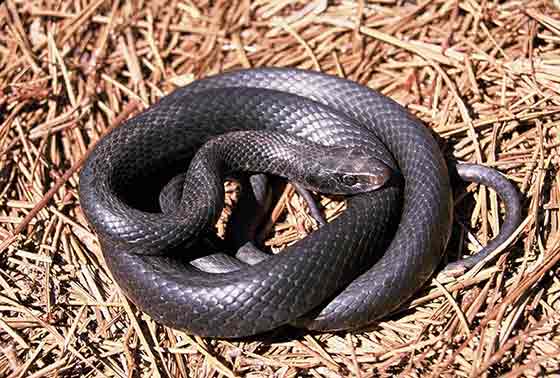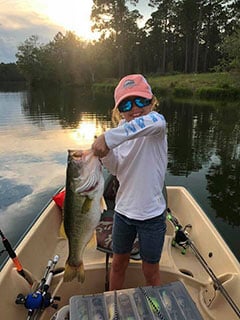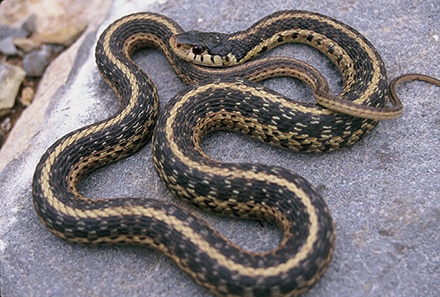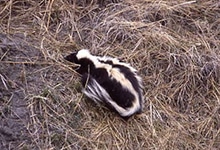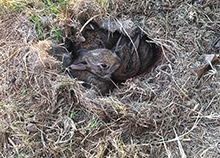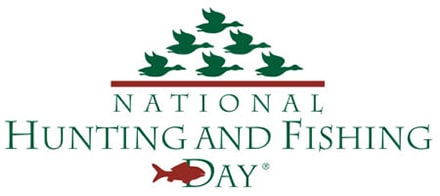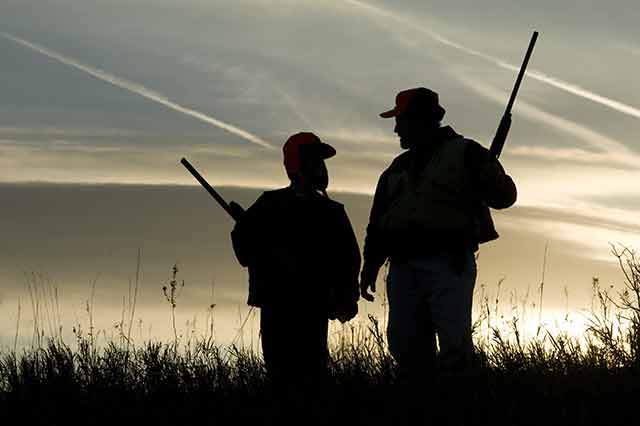
The beginning of hunting season begins with Bushytail Hunting Season begins August 15th
Ready to get into the woods for some hunting? Squirrel hunting season provides the first opportunity of the year, according to the Georgia Department of Natural Resources’ Wildlife Resources Division.

